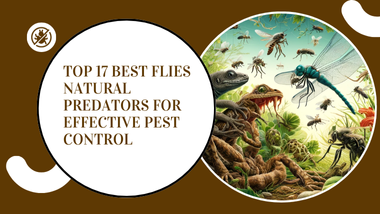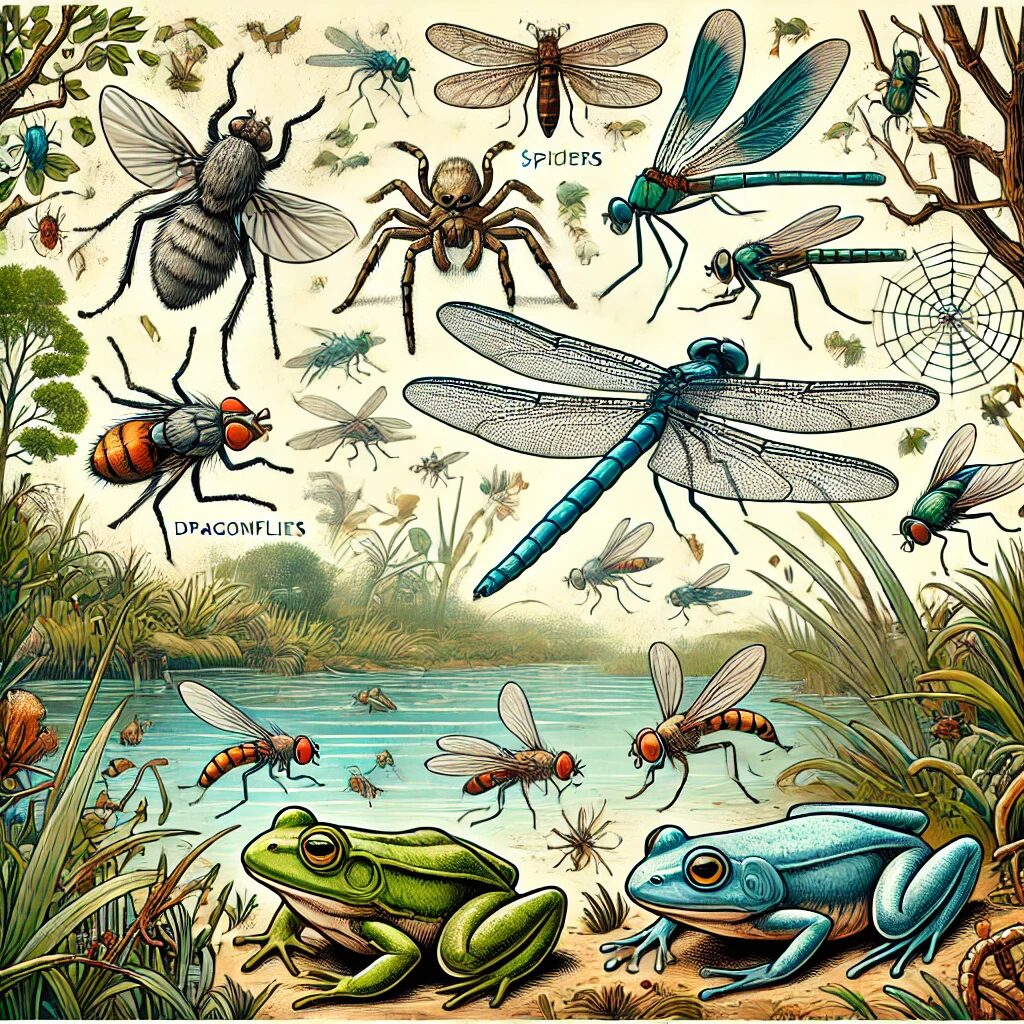
A lovely summer evening barbecue with friends and family could be disrupted by pesky flies buzzing. Yes, we’ve all been there, swatting at these little pests while trying to enjoy our time outdoors.
If you’ve ever wondered about a natural way to keep flies under control without much effort, you’re in the right place.
The good news is that nature already has its pest control professionals like flies natural predators.
Read on to learn which natural predators make the biggest difference, and why they’re an excellent alternative to chemical insecticides.
1. Spiders: The Silent Flies Natural Predators
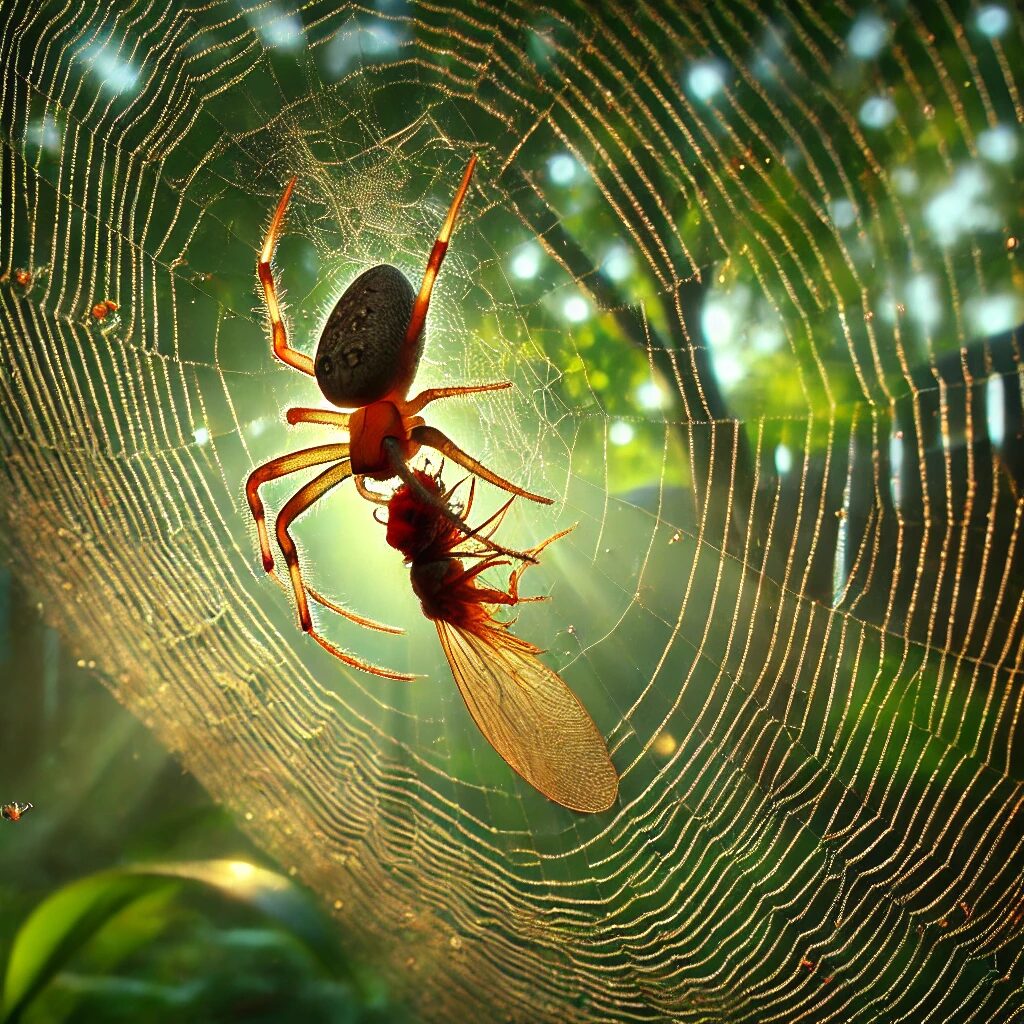
Spiders are excellent at controlling fly populations. They spin webs that trap flies, fruit flies, and other flying insects. Once trapped, flies become an easy meal for the spider.
Spiders are generally harmless to humans and pets and prefer to stay in their corners, quietly managing your fly problem. If you spot a spider in your home or garden, consider letting it stay as a natural pest controller.
2. Frogs: Amphibians as Effective Fly Predators
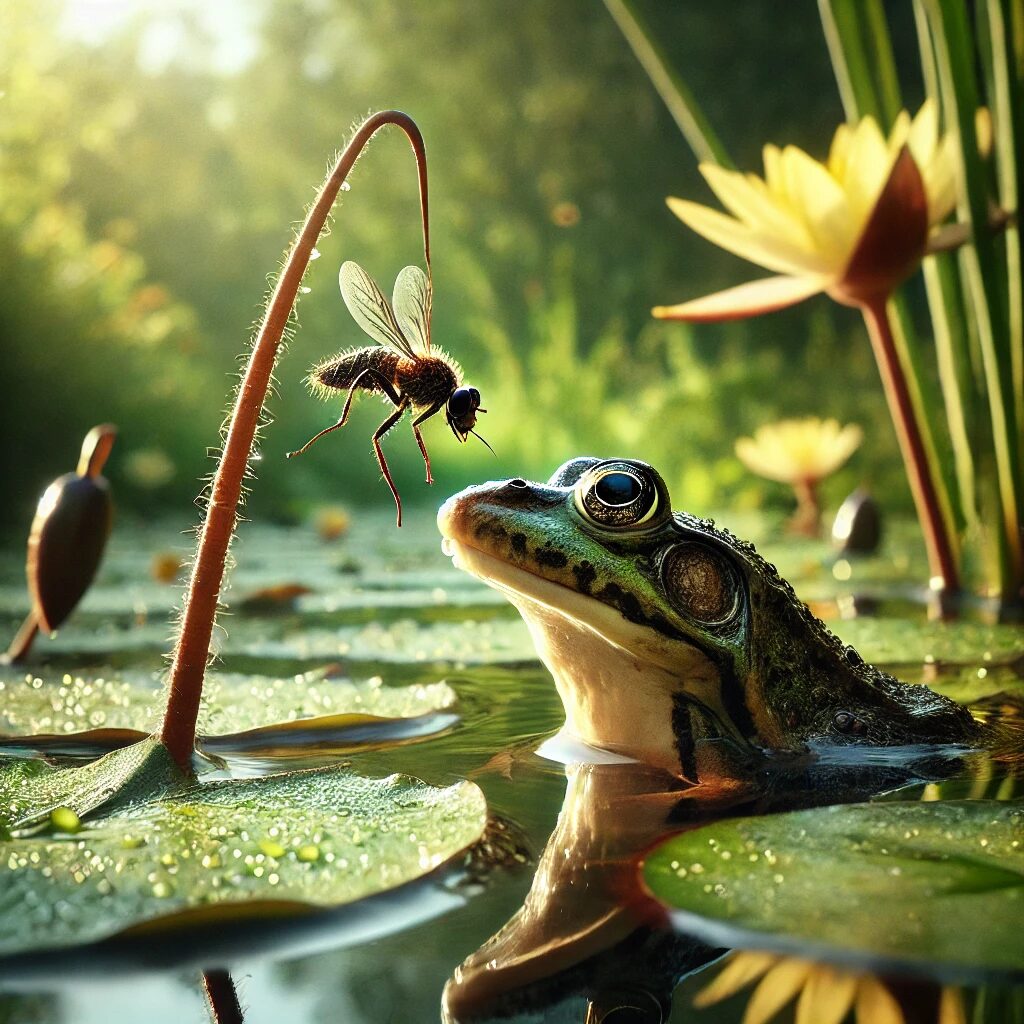
Frogs are great natural predators of flies, particularly near water sources. With their sticky tongues, frogs easily catch flies and their larvae, reducing the number of adult flies. Encouraging frogs by creating a small pond or water feature can help keep flies under control, especially in areas where they tend to breed.
3. Fish: Water-Dwelling Flies Natural Predators
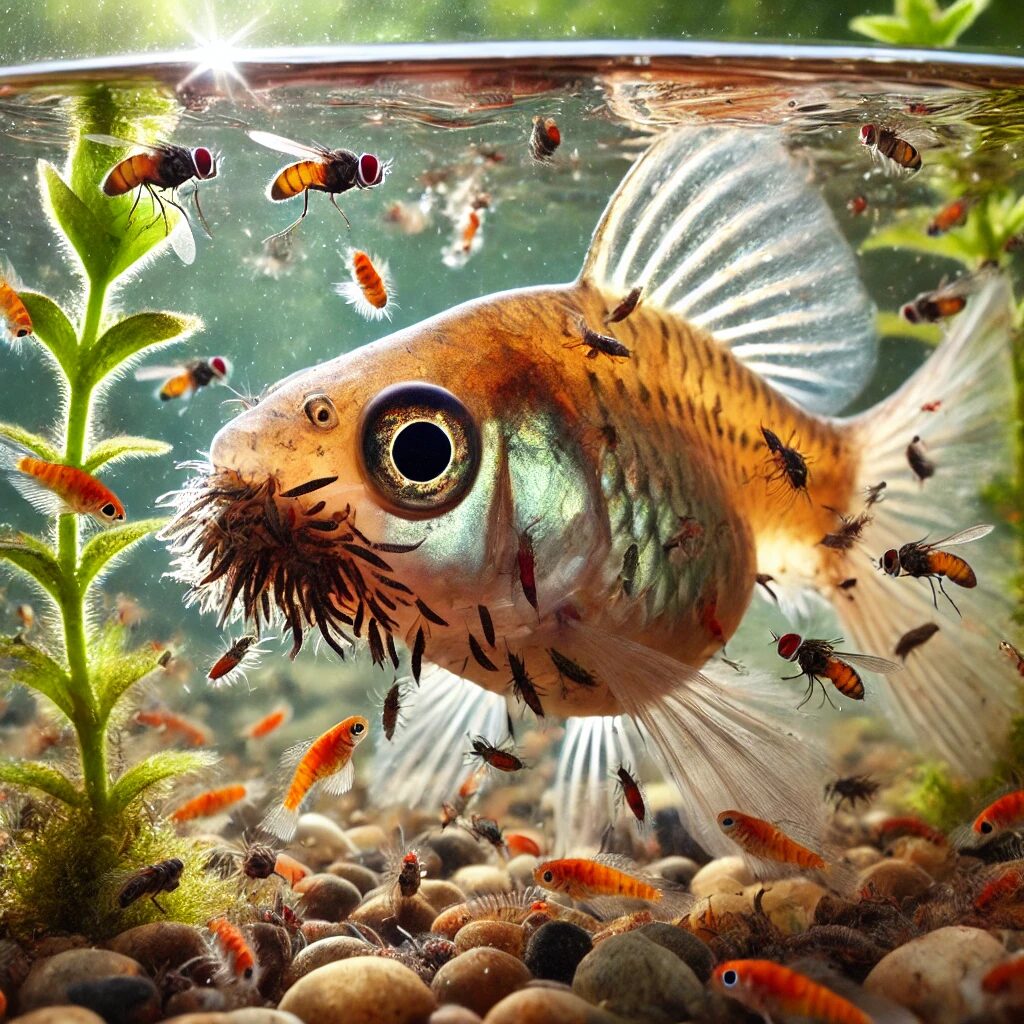
Fish, such as guppies and goldfish, are effective in controlling flies that breed in water. They feed on immature fly larvae, preventing them from maturing into adult flies. Adding fish to your pond can naturally help manage fly populations while adding beauty to your garden.
4. Lizards: Quick Movers Among Flies Natural Predators
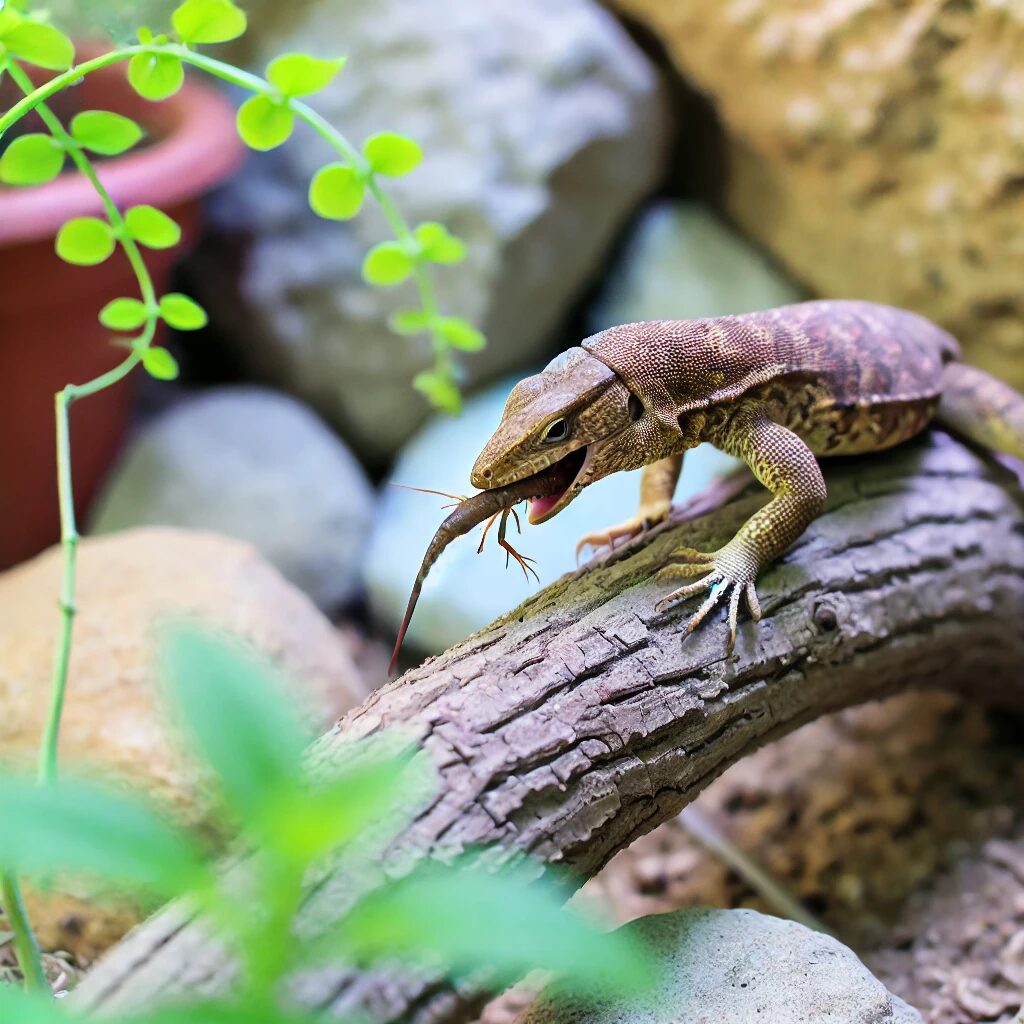
Lizards are quick and effective predators of flies and other small insects. They thrive in warm environments, staying close to gardens and compost piles where flies are common. Lizards are harmless and can be beneficial for keeping the fly population in check.
5. Praying Mantises: The Ultimate Insect Predator
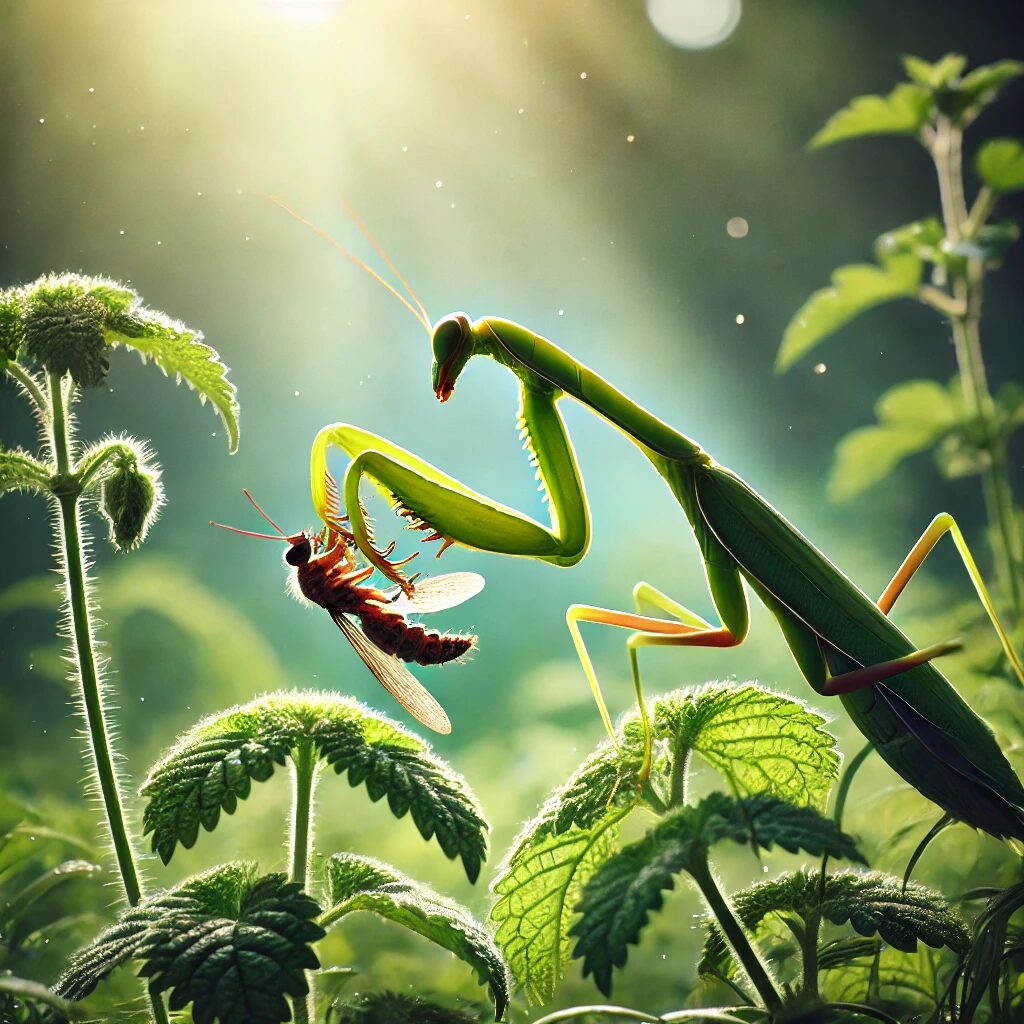
Praying mantises are skilled hunters, capable of catching flies mid-air. They lay their eggs in garden areas, and the nymphs that hatch are equally good at controlling flies. Praying mantises are harmless to humans, making them a natural and effective fly control solution.
6. Bats: Nighttime Flies Natural Predators
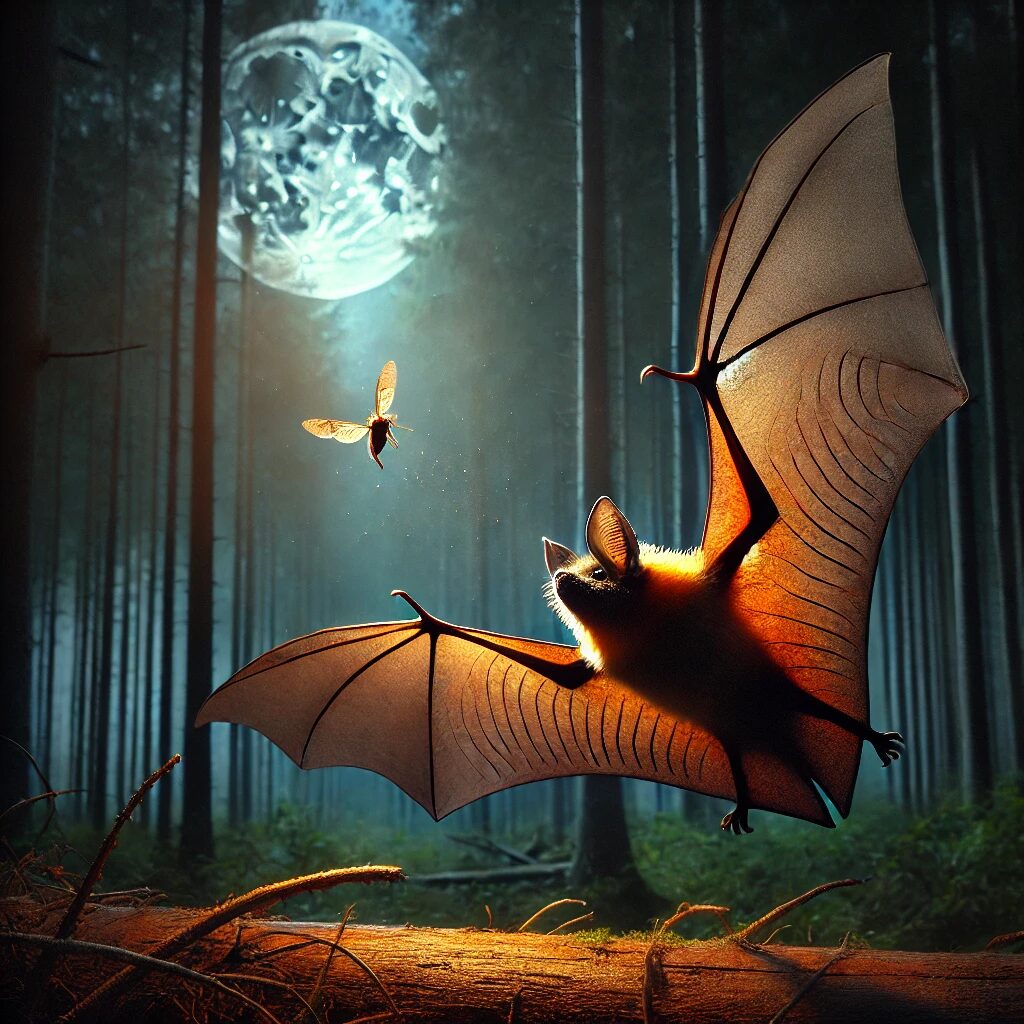
Bats are nocturnal creatures that feed on flies, mosquitoes, and other small pests during their nighttime hunts. They are particularly effective at reducing populations of fruit flies. Setting up a bat house can help attract bats to your yard, aiding in fly control without any harmful side effects.
7. Birds: Versatile Predators of Flies and Other Insects
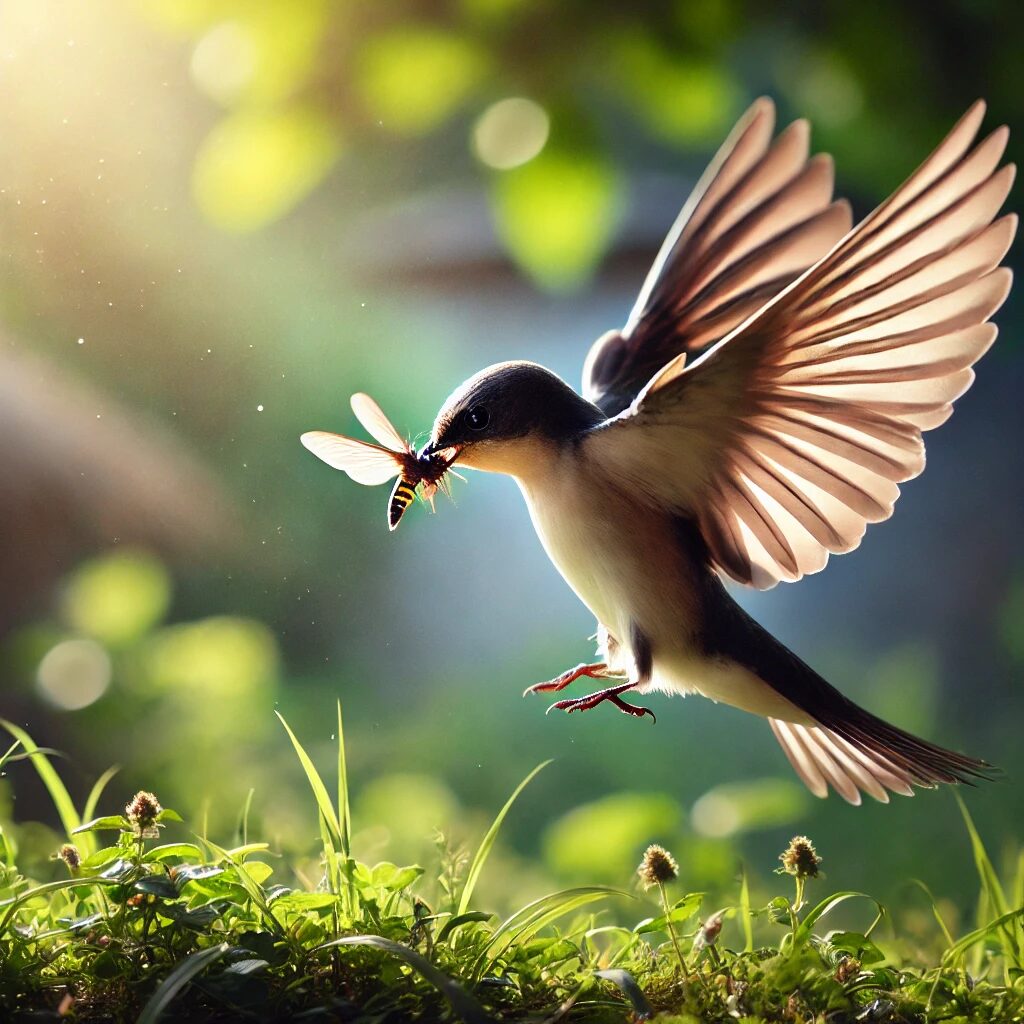
Birds, such as swallows and sparrows, feed on flies, reducing their numbers significantly. Setting up bird feeders and birdbaths can attract these birds, helping keep the fly population in check naturally. Besides controlling flies, birds also add beauty and life to your garden.
8. Opossums: Unexpected Allies in Fly Control
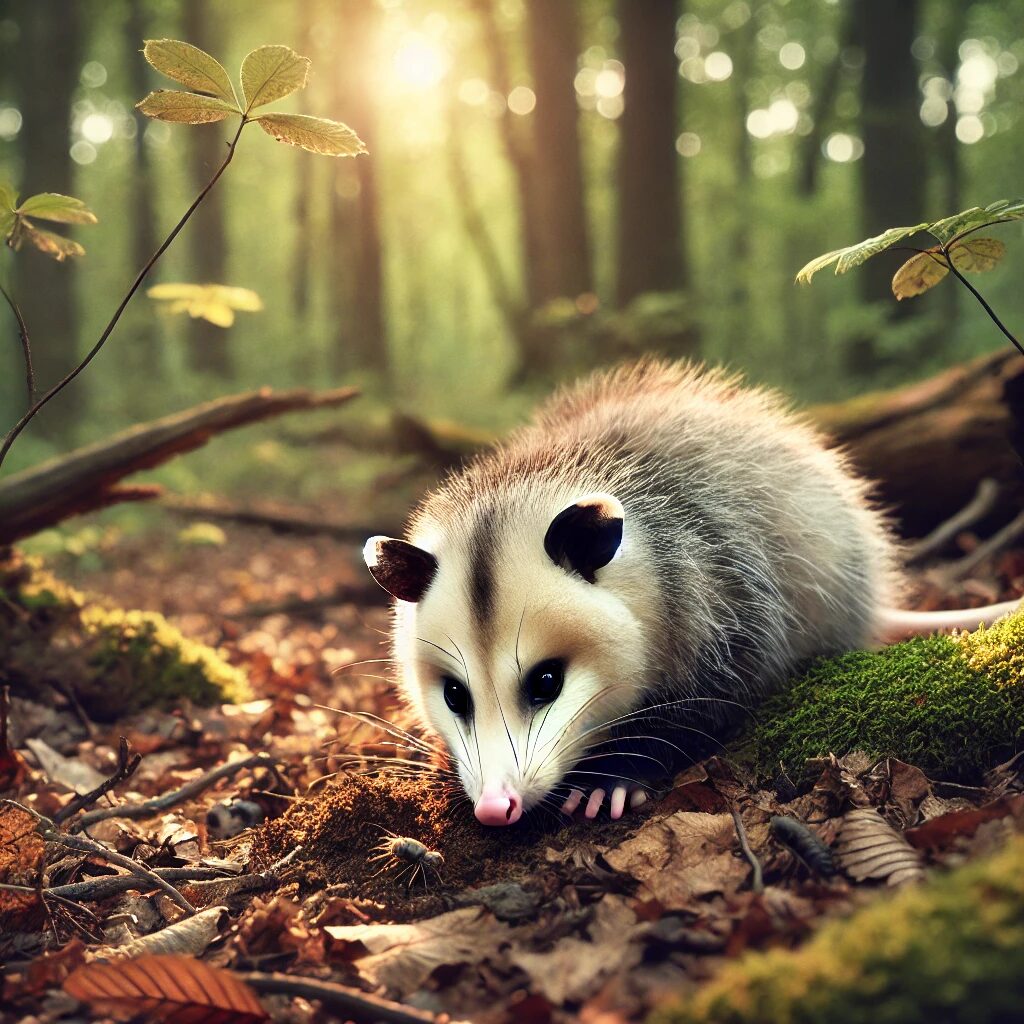
Opossums are surprisingly effective at controlling fly populations by eating both adult flies and larvae. They are nocturnal and harmless to humans, making them great natural pest controllers. Encouraging opossums to visit your property can help keep fly numbers down.
9. Dragonflies: Aerial Hunters Among Flies Natural Predators
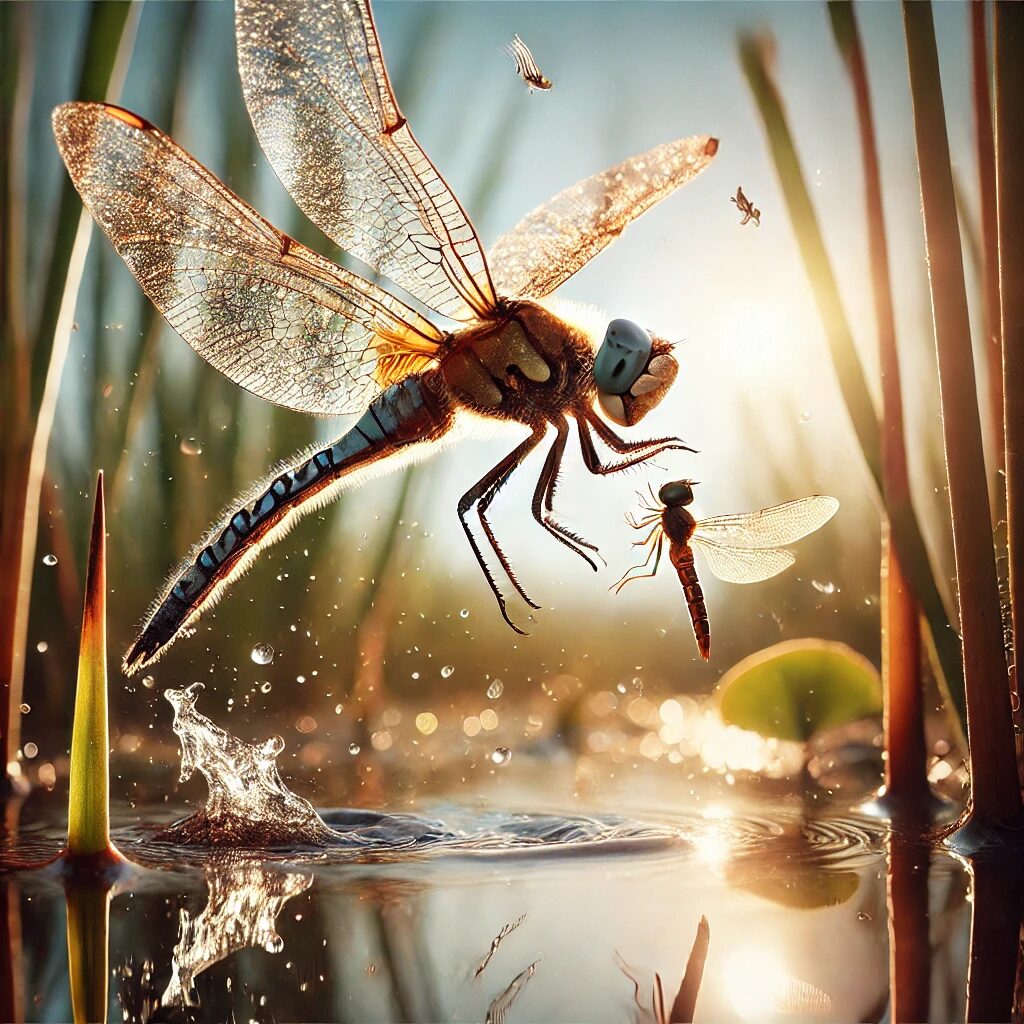
Dragonflies are efficient aerial hunters that catch flies mid-air. They are especially effective around water bodies, where flies breed. Adding a small pond or water feature to your garden can attract dragonflies, which will help patrol your garden for flies and other pests.
10. Ants: Ground-Level Fly Predators
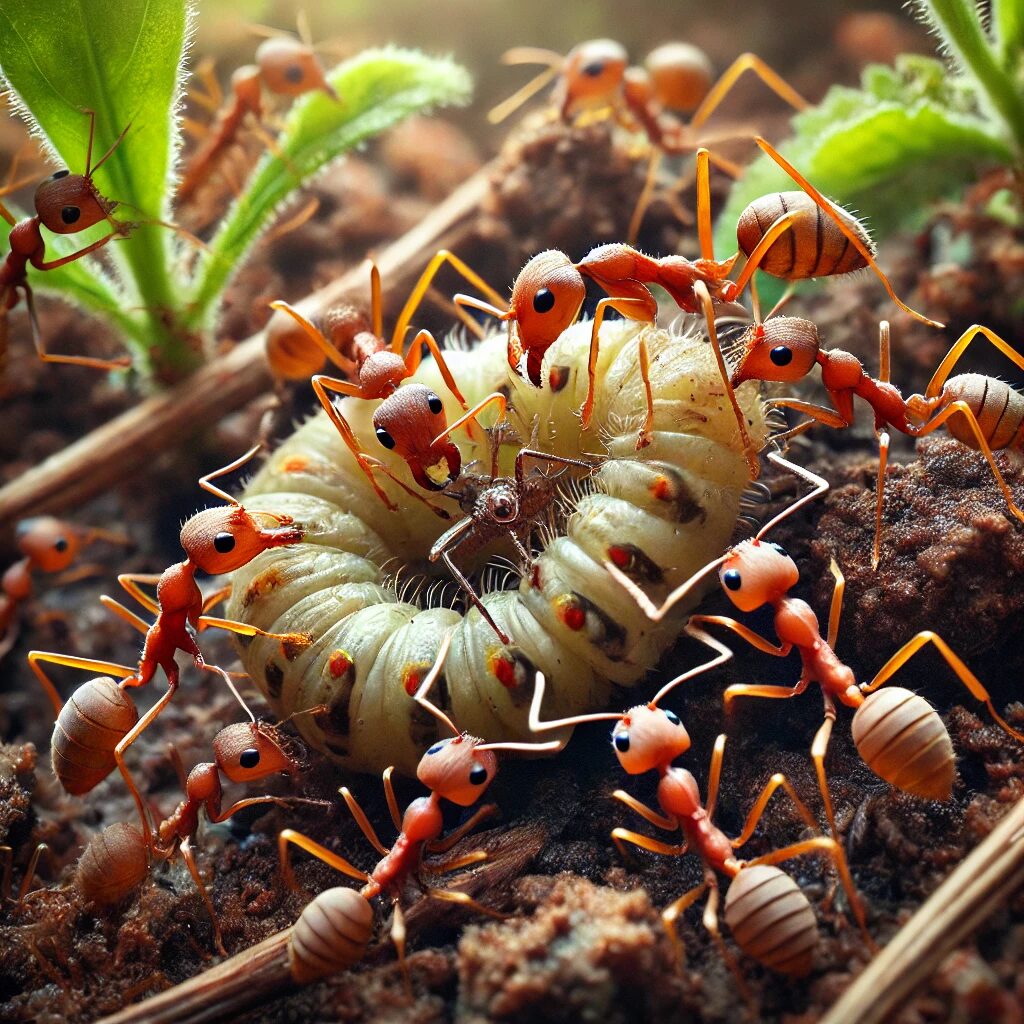
Ants are effective predators of flies, targeting fly eggs, maggots, and pupae found in manure and dirt. By burrowing into breeding sites and preying on fly larvae, ants help reduce fly populations. Their foraging habits in manure piles disrupt the fly life cycle, making them useful for natural fly control without toxic chemicals.
11. Beetles: Burrowing Insects for Fly Control
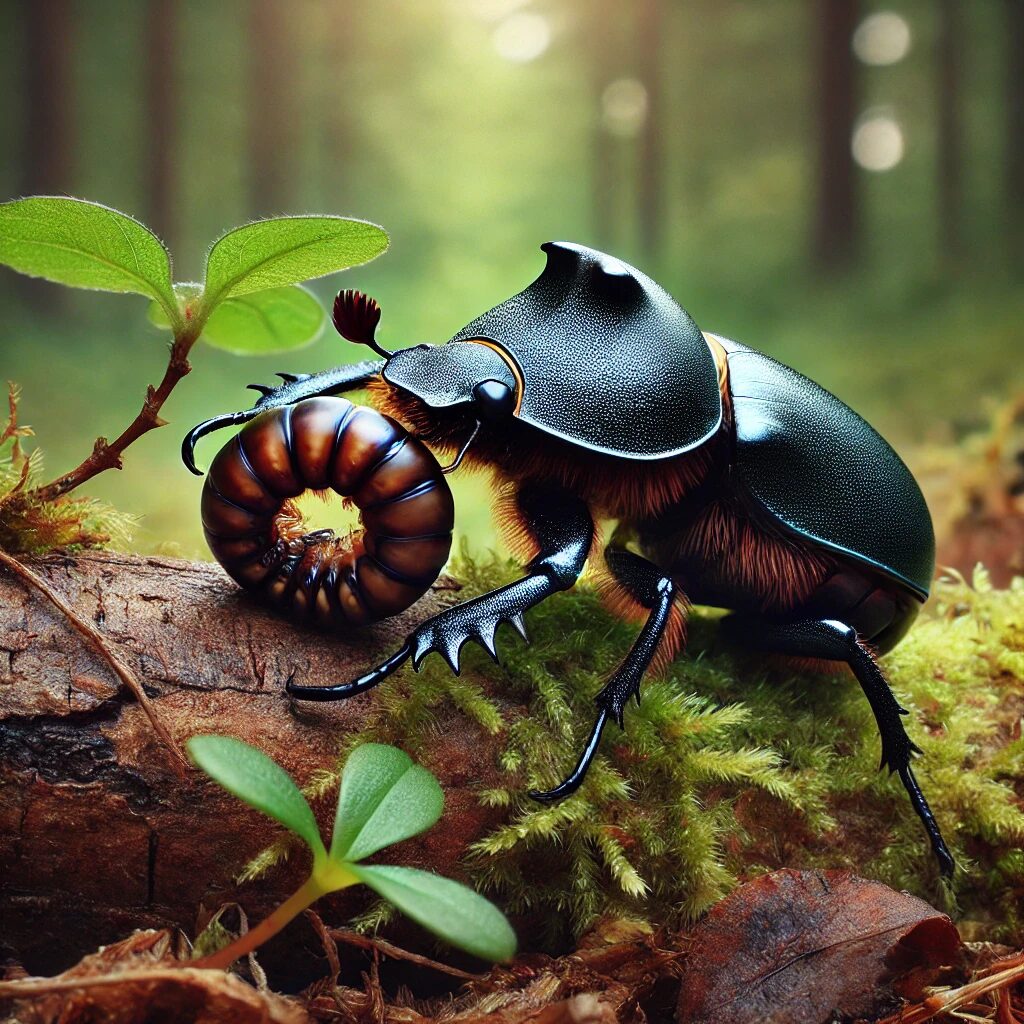
Beetles, particularly dung beetles, reduce fly infestations by burrowing into manure and breaking it down. This prevents fly breeding and aerates the soil, acting as a biological control that keeps fly populations in check. Encouraging beetles in areas with manure helps reduce fly numbers effectively.
12. Predatory Fly Parasites: Specialized Fly Attackers
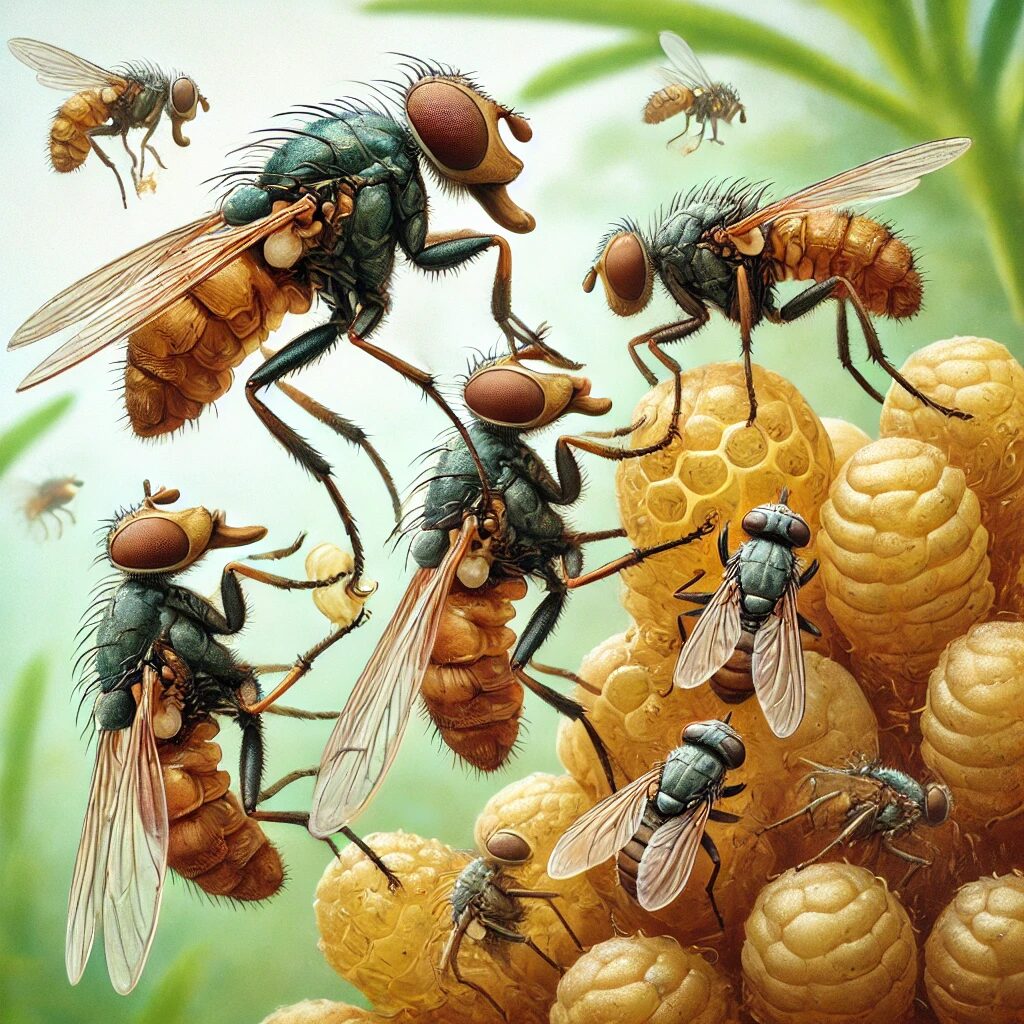
Tiny wasps like Spalangia cameroni are effective fly parasites that target flies at the pupal stage. These wasps lay eggs inside fly pupae, killing them before they develop into adult flies. Harmless to humans, they are used in biological fly control programs as a safe alternative to chemical insecticides.
13. Tiny Wasps: Efficient Fly Predators
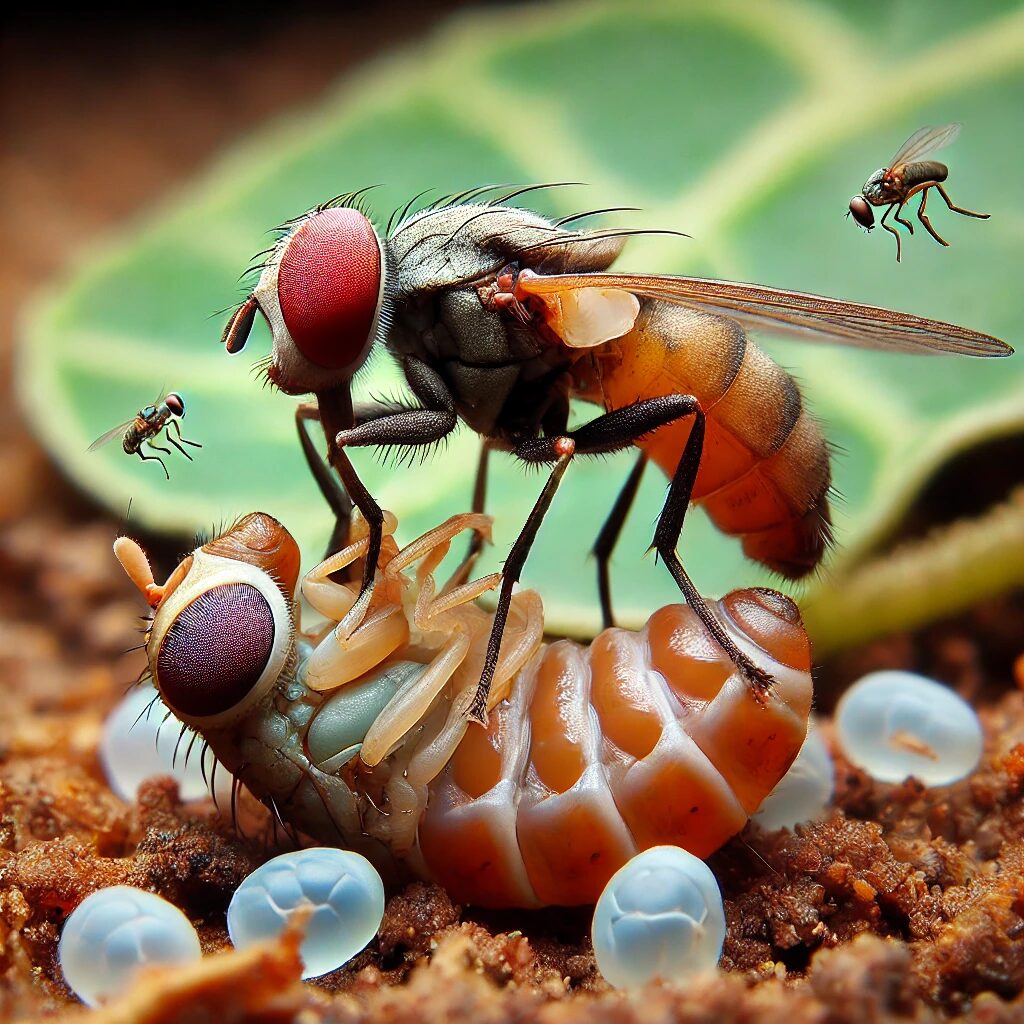
Tiny wasps are effective natural fly predators, specifically targeting manure-breeding pest flies like the common housefly. They lay their eggs in fly pupae, and their larvae feed on the developing flies, stopping them from reaching adulthood.
These wasps are harmless to humans and animals, making them a safe and eco-friendly alternative to chemical insecticides for managing fly infestations.
14. Nematodes: Underground Defenders
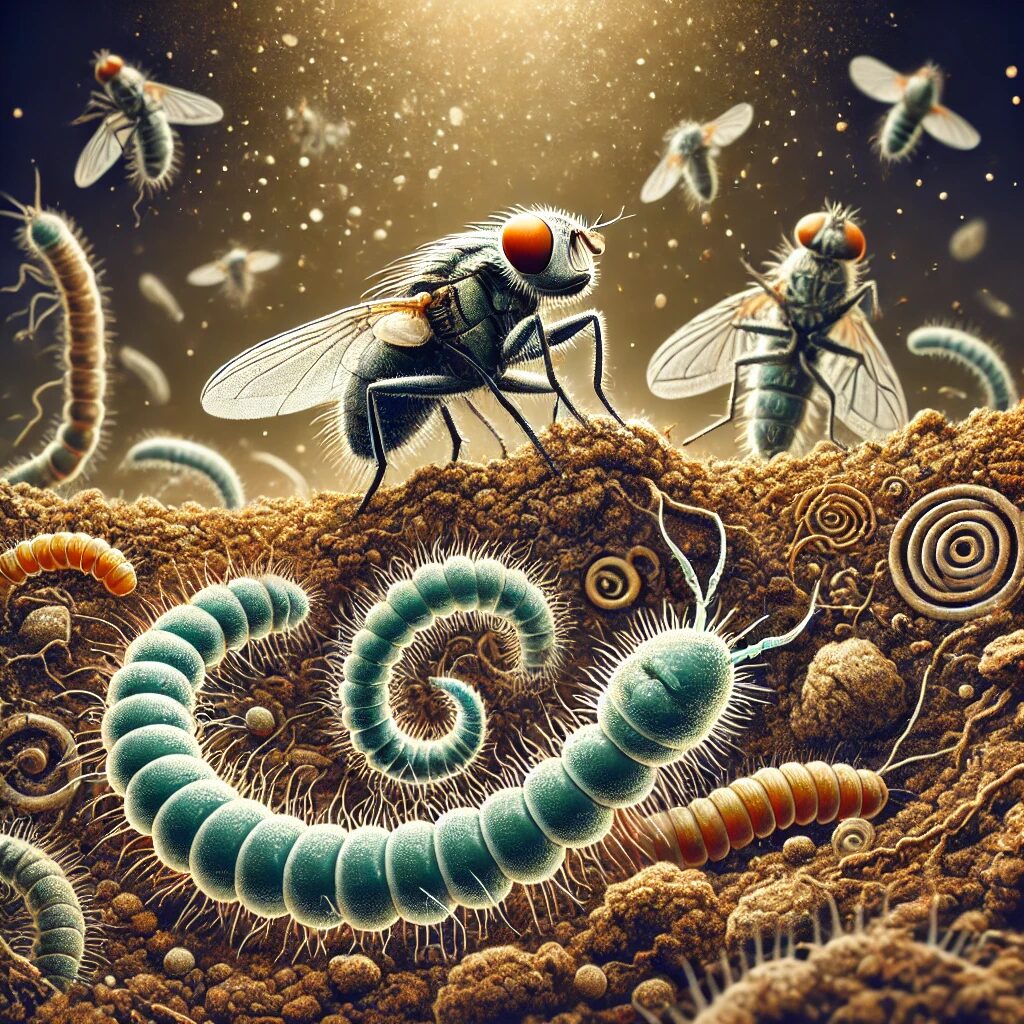
Nematodes are microscopic worms that target fly larvae in the soil. They enter the larvae and release bacteria that kill the host. Nematodes are harmless to humans, animals, and beneficial insects, making them ideal for reducing fly populations in gardens and agricultural areas without harmful chemicals.
15. Fungi: Natural Fly Killers
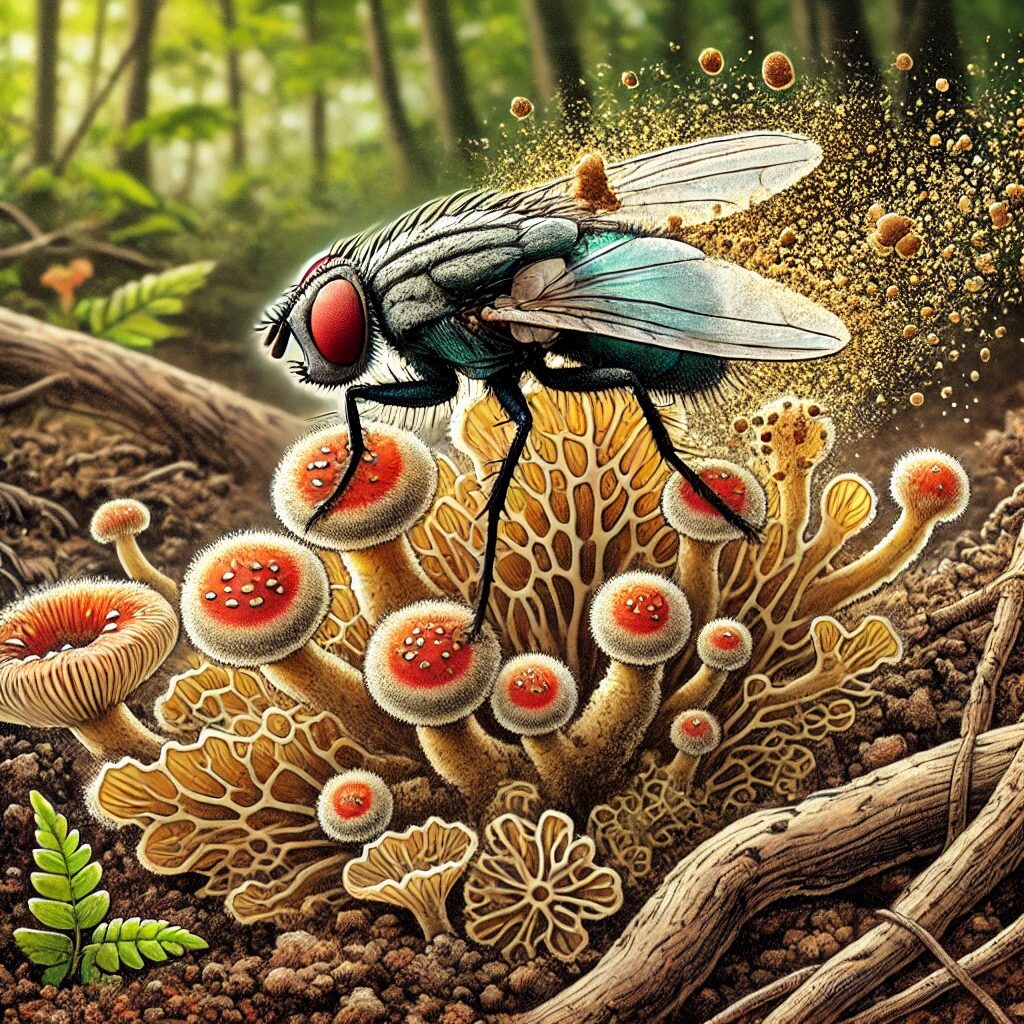
Certain fungi, like Beauveria bassiana, infect and kill adult flies by releasing spores that penetrate the fly’s body. This method is specific to flies and does not harm other insects, animals, or humans, making fungi an effective natural solution for fly control in outdoor environments.
16. Parasitic Mites: Silent Fly Attackers
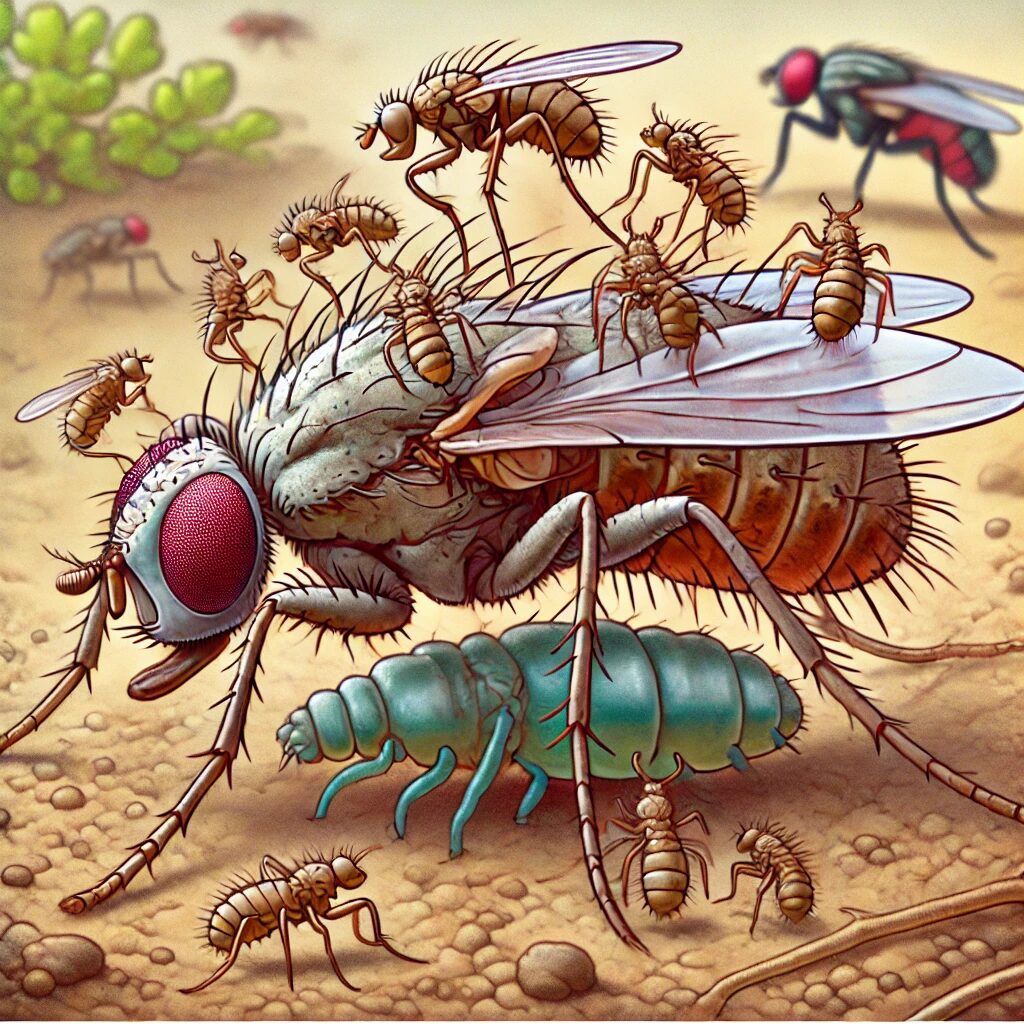
Parasitic mites are another naturally occurring solution for controlling flies around manure and breeding areas. These arachnids attach themselves to adult flies, weakening and often killing them. Parasitic mites are harmless to humans and have no effect on horses or livestock.
They help reduce fly populations, providing an effective method for pest control without hazardous chemicals.
17. Soldier Flies: Compost Guardians
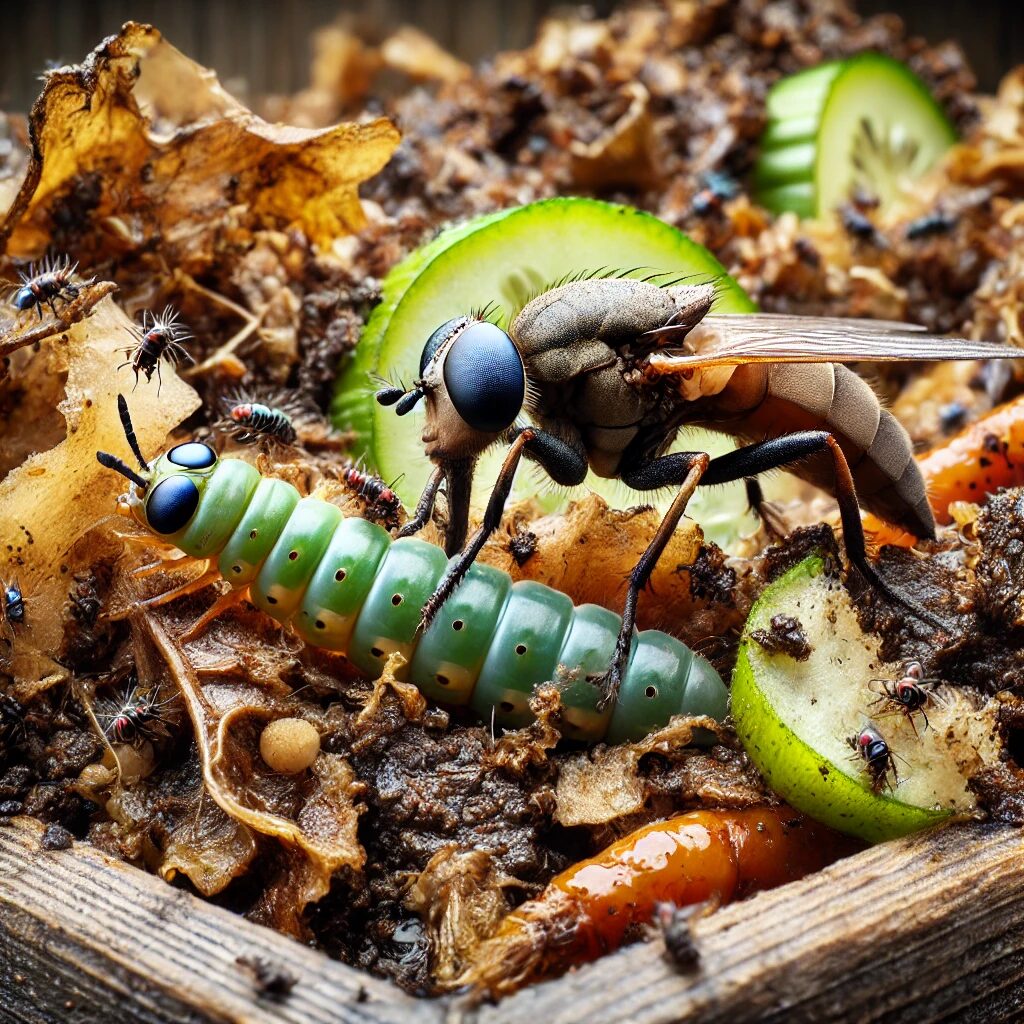
Soldier flies are beneficial insects that act as natural predators, specifically targeting manure-breeding flies. Their larvae break down organic matter in compost and manure piles, reducing the breeding grounds for common houseflies and other filth flies.
By acting as an enemy to all manure-breeding flies, soldier flies help to naturally reduce fly populations without the use of hazardous chemicals, providing an eco-friendly alternative to chemical insecticides.
Conclusion
Why battle flies with harmful chemicals when nature’s pest controllers can do the job for you?
Each of these natural predators such as spiders, frogs, fish, lizards, praying mantises, bats, birds, opossums, and dragonflies, plays an important role in controlling flies and maintaining a healthy environment
These allies work tirelessly to keep flies at bay, making your outdoor spaces more enjoyable.
Embrace these natural fly-fighting champions and experience the difference, a cleaner, safer, and more harmonious space for everyone.
